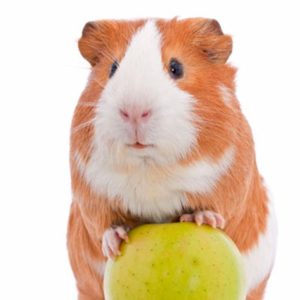Will your home soon include a cage and a cute little roommate? Gerbils, hamsters, Guinea pigs, and other little pocket-sized animals make wonderful pets. Pocket pets are very cute, generally easy to care for, and are much less expensive than dogs or cats. They are also favorite ‘starter pets’ for children. Getting your new buddy’s cage set up correctly will make a huge difference in keeping your little pet happy and healthy. Different types of animals require different sorts of cages, but all pocket pets need some sort of bedding, or substrate, in their cages. Below are a few pointers on substrates from your vet in Cumberland County.
Gerbils
Generally, any type of paper or cardboard-based substrate will be suitable for adult gerbils. Corncob, damp sand, and peat are also options, though you have to be careful they are neither too wet nor too dry. The substrate should be deep enough so your pet can burrow in and build tunnels. You can add meadow hay or even toilet paper to your gerbil’s substrate for nesting.
Hamsters
Reclaimed cellulose fiber is a great option for hamsters, as it does not use ink or chemicals and is very soft and absorbent. Kitty litter can be dangerous for hamsters, as it can clump in their tummies and cause serious, even fatal, issues. Hamsters also need bedding material on top of the substrate. Avoid materials such as cotton and wool, as your hamster could eat it or get caught in it. You can even rip up toilet paper, as long as it does not contain any scents or dyes.
Guinea Pigs
You can use wood pellets, fleece, or shavings for Guinea pigs. Paper products, such as paper towels, also work very well for these cute little furballs. Your guinea pig will also need a layer of bedding, such as hay, on top of the substrate.
All pocket pets should have their cages picked up daily, and thoroughly cleaned regularly. Generally, a weekly cleaning is fine for most pocket pets. For most pocket pets, you’ll want to avoid using any type of wood products, such as pine cat litters, wood shavings, or sawdust, for substrate, as these can be dangerous for small animals. Cedar and pine substrates in particular tend to cause issues with pocket pets. Guinea pigs can use wood, though you’ll still want to avoid pine and cedar. Sometimes even little animals can have allergies, so if you notice your furball is sneezing or coughing a lot, change the substrate and contact your vet. Cumberland County residents, please call us any time.





